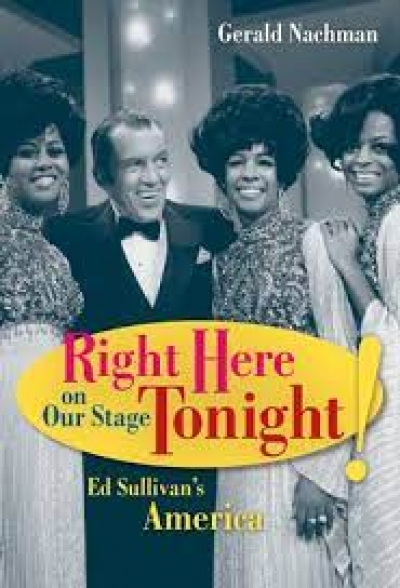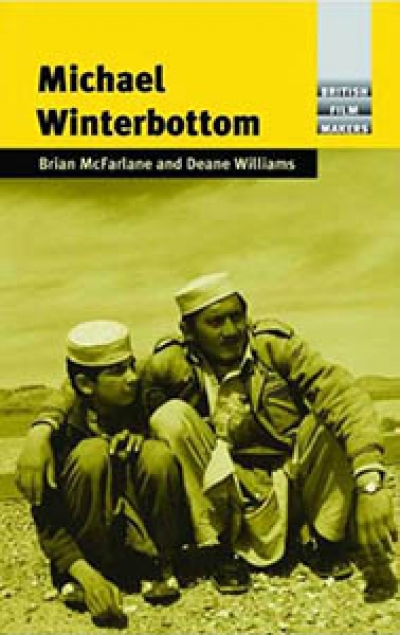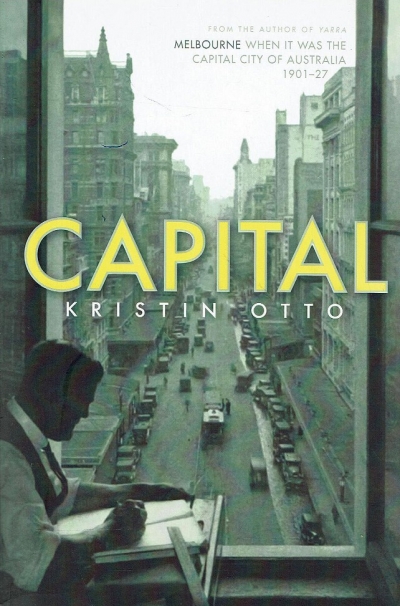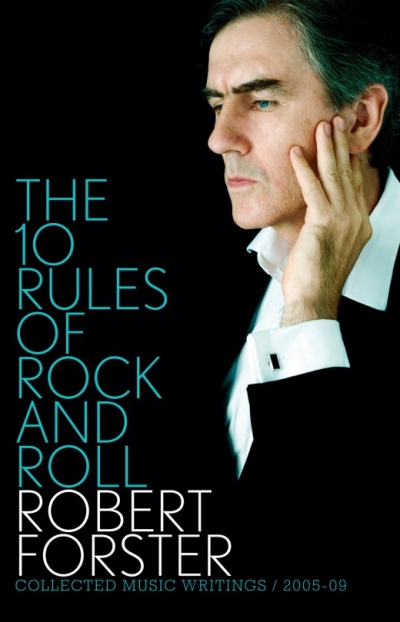Archive
Right Here on Our Stage Tonight!: Ed Sullivan’s America by Gerald Nachman
by Michael Shmith •
Mothers and Others: The evolutionary origins of mutual understanding by Sarah Blaffer Hrdy
by Michael Gilding •
In Conversation: Encounters with 39 great writers by Ben Naparstek
by Patrick Allington •
Are you a vivid dreamer?
Yes, in general I am, but I have three kinds of dream: those that are dully bureaucratic at root; those that revisit the emblematic landscapes or cities of earlier dreams; and wild, coloured dreams with a green welcoming ocean or dark monsters.
... (read more)Capital: Melbourne when it was the capital city of Australia 1901–1927 by Kristin Otto
by John Rickard •










